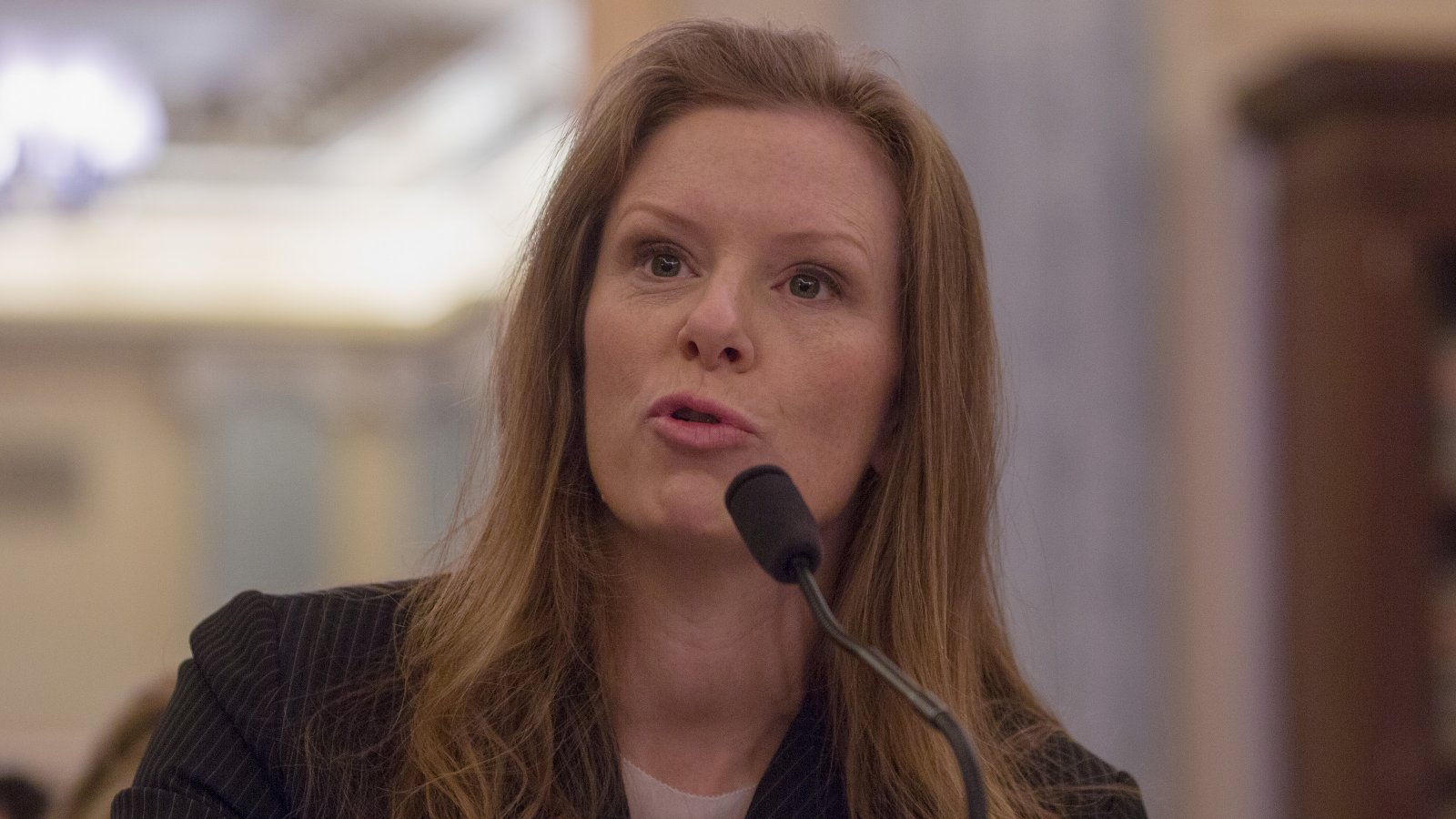
British Members of Parliament were in Washington, DC Thursday to grill tech executives from Facebook, Google, and Twitter on their platforms' roles in spreading disinformation and aiding Russian election interference.
CNET:
The public hearing was the first ever House of Commons select committee meeting to be livestreamed from outside the UK. The 11 Members of Parliament who form the Digital, Culture, Media and Sport (DCMS) Committee spent the morning questioning executives from the three companies in turn, focusing mainly on the issue of fake news but also covering topics as wide ranging as diversity in their workforces, the addictive quality of social media and the spread of child abuse imagery.
The British parliament members asked Twitter, Facebook and YouTube representatives pointed questions ... [about how] hoax content disseminated from their websites may have swayed the 2016 British "Brexit" referendum on leaving the European Union.
The tech representatives downplayed those concerns, citing internal data they said found that accounts linked to Russians did not heavily use their platforms in the same way that they did around the time of the U.S. elections.
However, Twitter, for the fist time, acknowledged Russia's Internet Research Agency did wade into the Brexit fight.
CNET:
The company discovered that 49 accounts linked to the Internet Research Agency, a known source of Russian misinformation, collectively posted 942 tweets during the referendum campaign, said [Twitter's UK head of public policy and philanthropy Nick] Pickles. These tweets cumulatively were retweeted 461 times and were liked 637 times, he said.
(...)
The numbers might seem small, but Twitter had previously denied that any Russia-backed accounts had been posting about Brexit on the platform.
At the same time, Pickles made it clear Twitter does not believe it is in the business of determining the difference between fact and fiction.
WaPo:
“We are not the arbiters of truth,” ... “We are not going to remove content based on the fact this is untrue.
(...)
Pickles said tweets containing false information might be removed if they also violate rules against hate speech, but he said the company will not take down tweets based solely on “the truthness of a piece of information.”
“I don't think technology companies should be deciding during an election what is true and what is not true, which is what you're asking us to do,” Pickles added. “I think that's a very important principle.”
Twitter's position is dramatically different from that of Facebook, which has embarked on a multipronged effort to crack down on fake news. Facebook recently unveiled a plan to crowdsource credibility ratings for news outlets and has assembled a team of fact-checkers in Italy, ahead of next month's parliamentary elections in that country. Before last year's presidential election in France, Facebook took out full-page newspaper ads featuring tips to help users identify fake news.
YouTube's global policy head, Juniper Downs, said Thursday the company hadn't found evidence of interference by Russian operators during the Brexit vote. "We have conducted a thorough investigation around the Brexit referendum and found no evidence of interference," she said.
Facebook still is investigating whether Russia used its platform to sway the Brexit vote, but in the meantime, told MPs "it had removed 'thousands' of fake accounts in the run-up to elections in the UK, France and Germany."
Twitter executive on fake news: ‘We are not the arbiters of truth’ (WaPo)
Twitter says Russian accounts tried to influence Brexit vote (CNET)
UK lawmakers press social media giants over Russian influence (The Hill)
Facebook admits removing 1000s of ‘fake accounts’ ahead of UK general election (iNews)